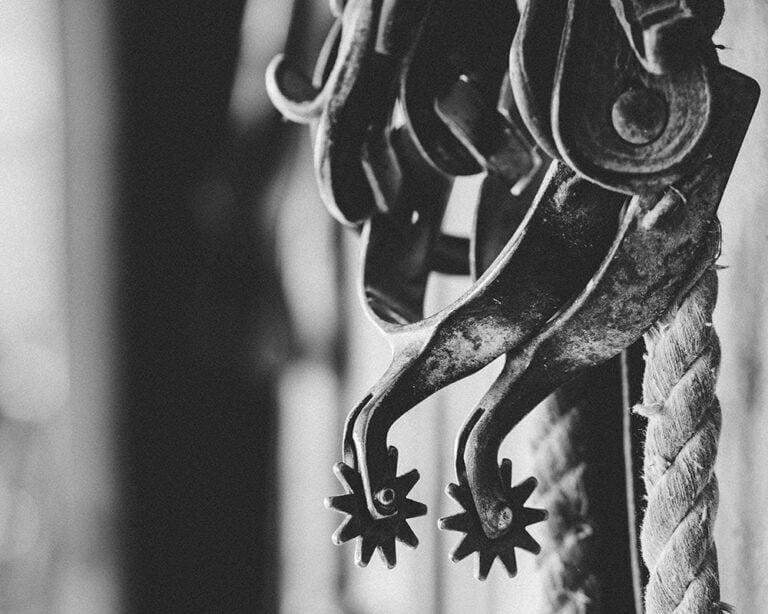Ne tirez pas sur le pianiste !
“Ne tirez pas sur le pianiste !” literally means “Don’t shoot the pianist!” So what does it actually mean? It means to be indulgent towards someone of good will, to not accuse or attack someone who is a scapegoat, rather than the person really responsible.
This expression comes from Oscar Wilde, who wrote a booklet called “Impressions of America.” In it, he mentions a visit to a saloon in Leadville, Colorado, a gold rush town. There is a sign in the saloon saying “Please don’t shoot the pianist – he is doing his best.”
When fights broke out in saloons like this and gunshots were fired, sometimes the large mirror behind the bar and the pianist were hit by bullets. Usually the pianist had nothing to do with the reason for the argument. He was an innocent man, just doing his job. Hence the need for the sign.






